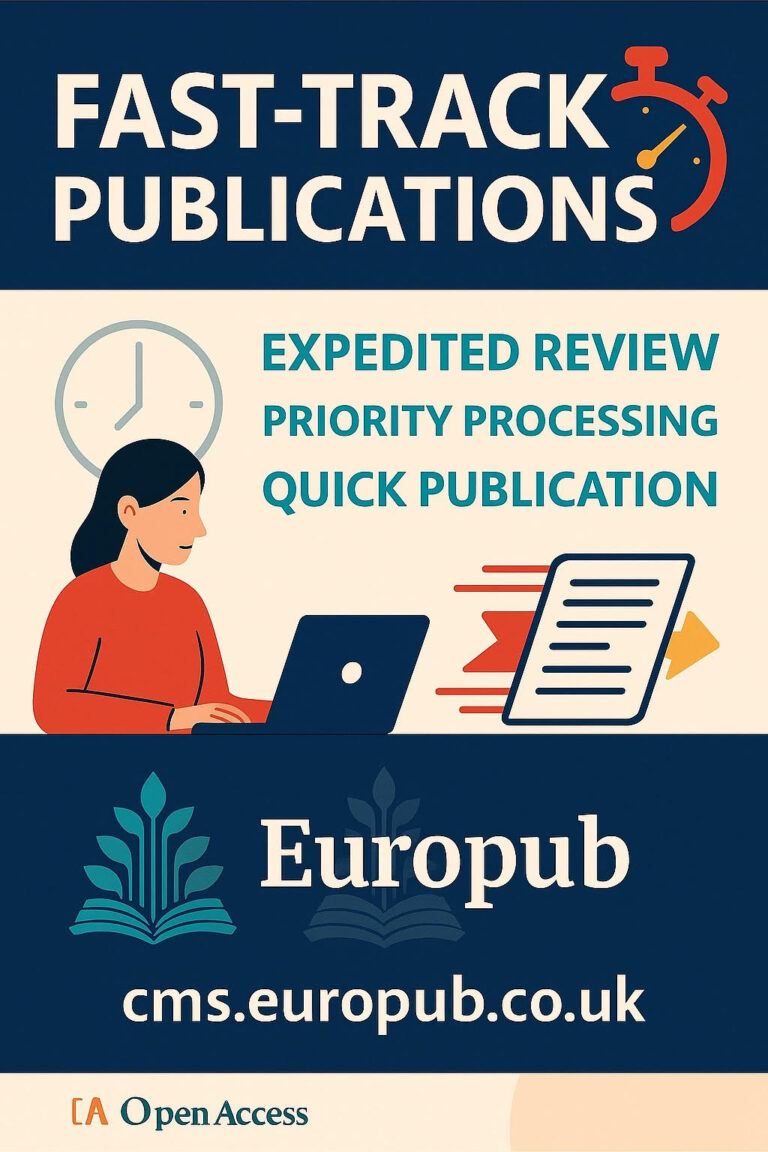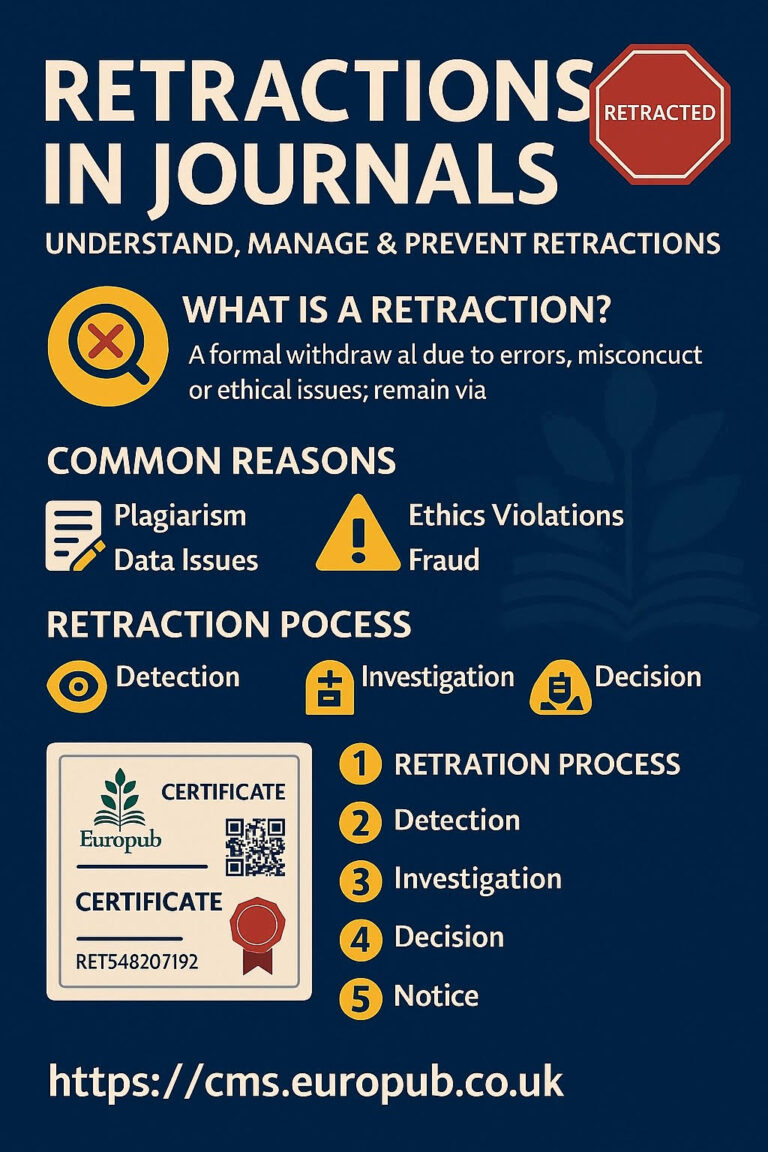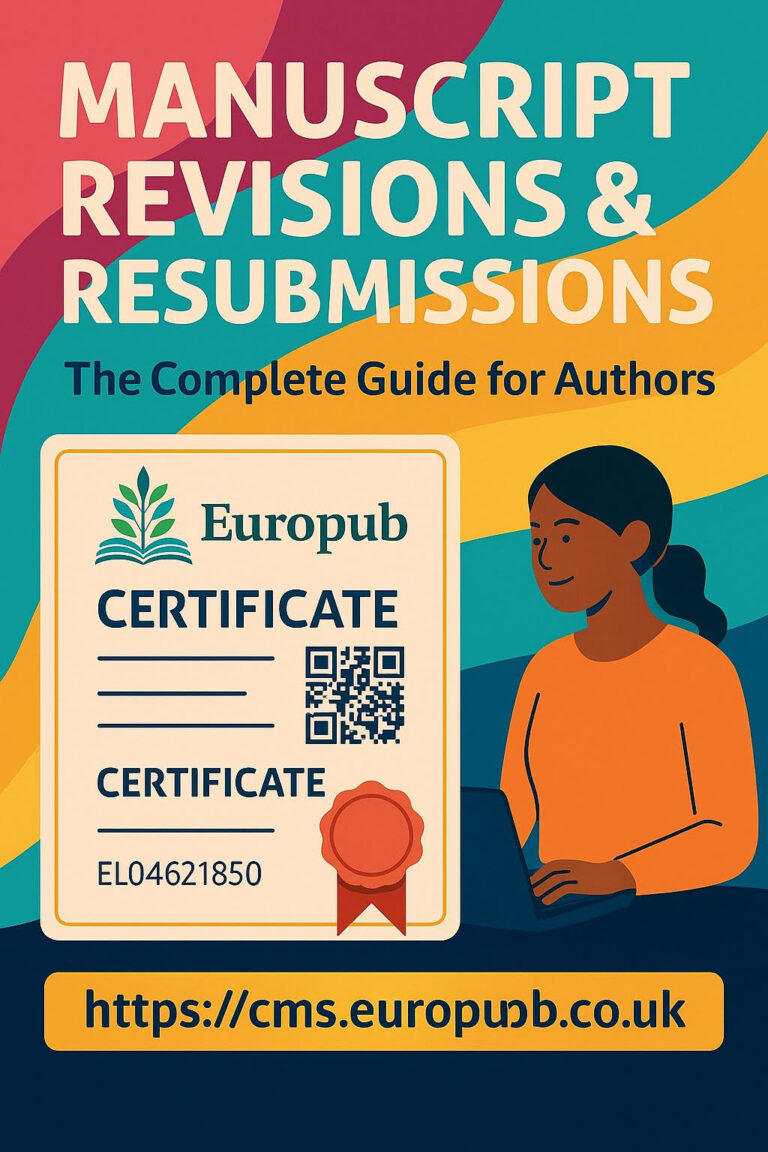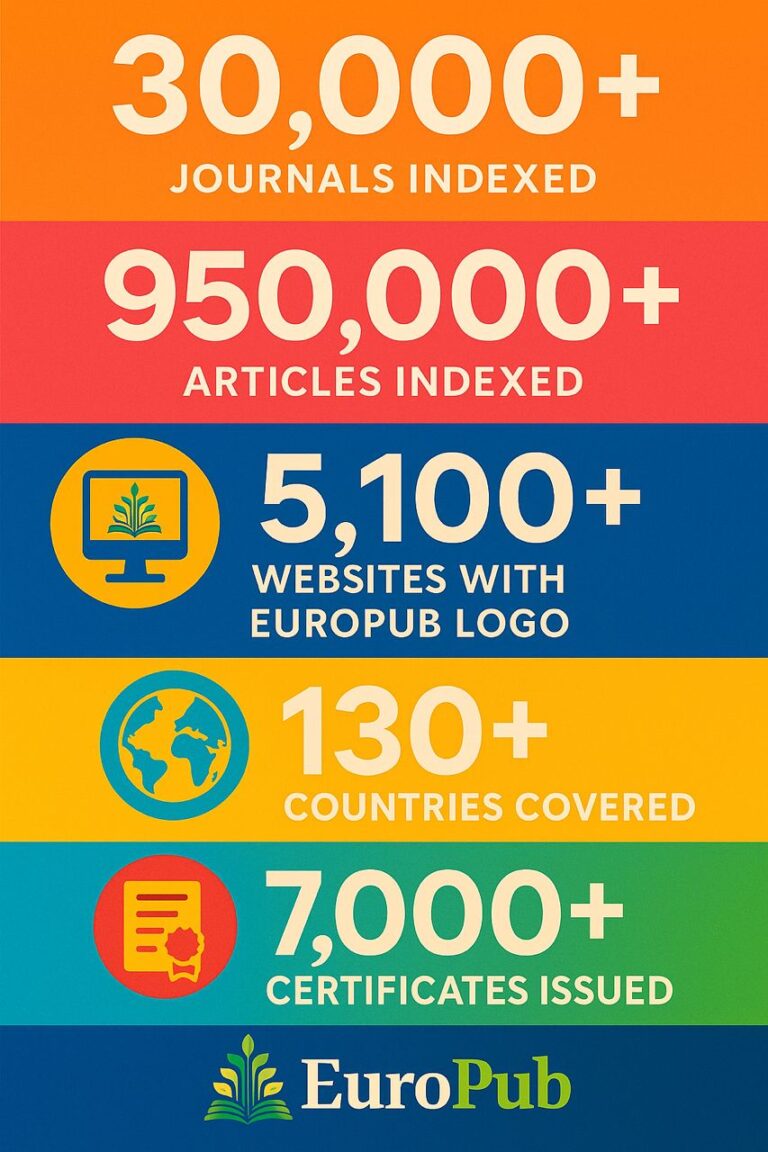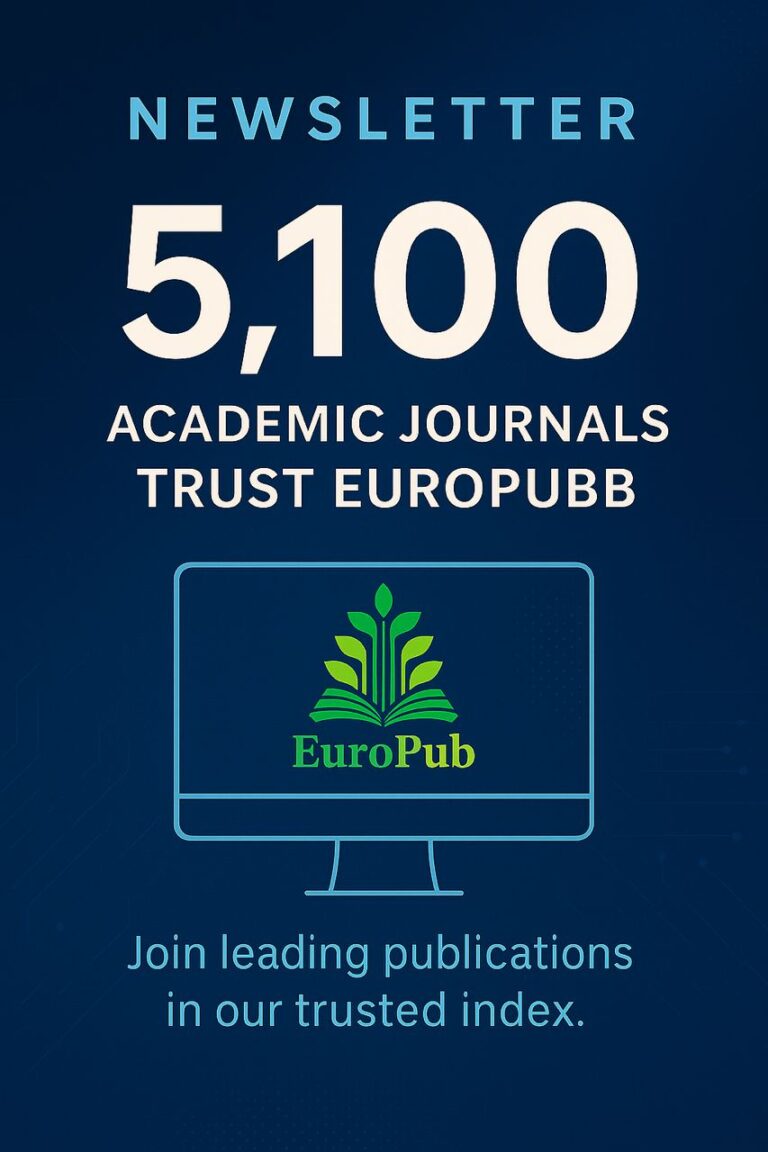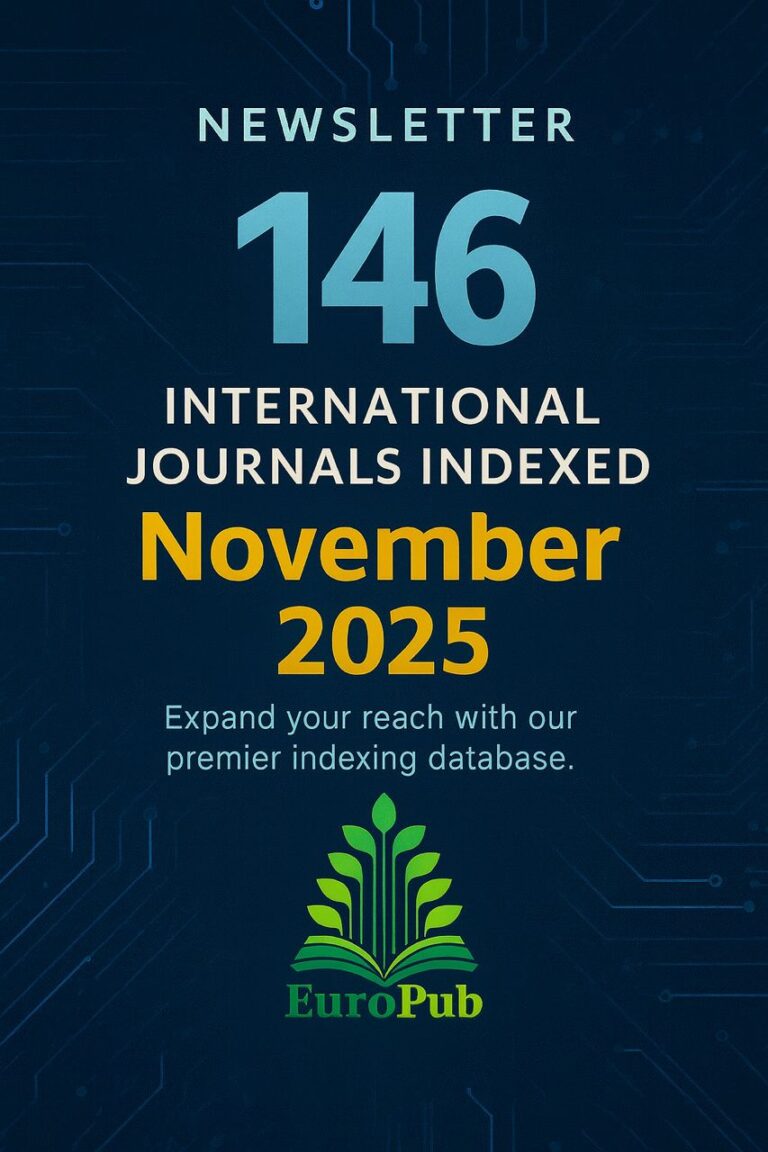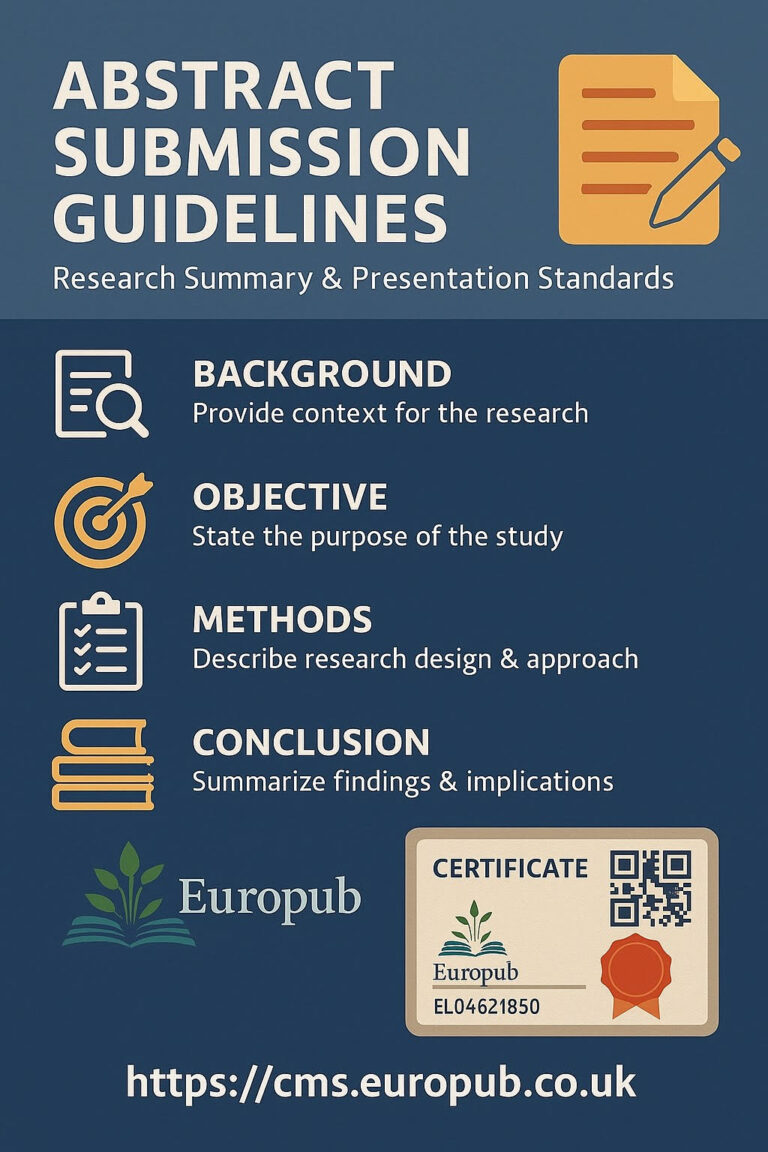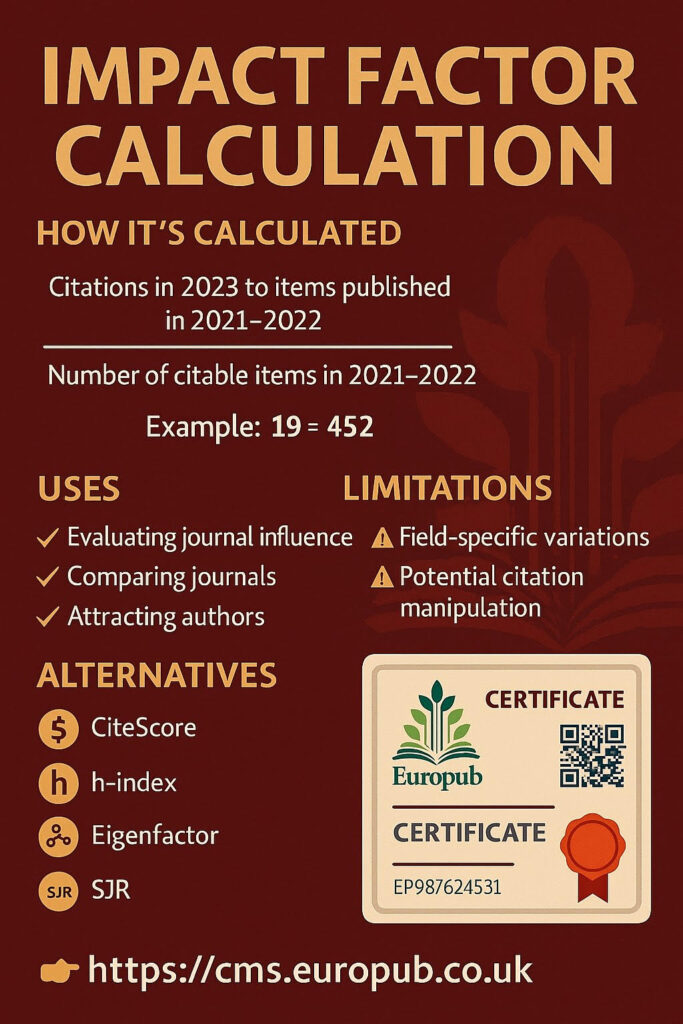
 What is Impact Factor (IF)?
What is Impact Factor (IF)?
The Impact Factor (IF) is one of the most widely recognized metrics used to measure the importance and influence of academic journals. It was first introduced by Eugene Garfield in the 1960s, through the Institute for Scientific Information (ISI), and is now maintained by Clarivate Analytics in the Journal Citation Reports (JCR).
The Impact Factor essentially tells us how often, on average, articles published in a journal are cited within a specific period. It reflects the visibility, academic recognition, and influence of journals across disciplines.
How is Impact Factor Calculated?
The calculation formula is:
\text{Impact Factor (Year X)} = \frac{\text{Citations in Year X to items published in (X-1) and (X-2)}}{\text{Number of citable items published in (X-1) and (X-2)}}
Example:
- If in 2024, articles published in 2022 and 2023 in Journal A were cited 5,000 times,
- and Journal A published 400 citable articles in those two years,
Then:
IF_{2024} = \frac{5000}{400} = 12.5
This means, on average, each article from Journal A was cited 12.5 times.
Types of Citable Items
- Research articles
- Review articles
- Case reports
- Short communications
 Editorials, letters, and news items are usually excluded from the denominator but may still receive citations counted in the numerator, which can sometimes inflate IF values.
Editorials, letters, and news items are usually excluded from the denominator but may still receive citations counted in the numerator, which can sometimes inflate IF values.
Strengths of Impact Factor
- Recognized worldwide as a quick indicator of journal prestige.
- Helps researchers choose journals to publish in.
- Assists libraries and institutions in journal selection.
- Provides benchmarks for comparing journals in the same field.
Limitations of Impact Factor
- Biased toward journals in English or widely indexed databases.
- Heavily influenced by review articles (which attract more citations).
- Two-year citation window may not suit disciplines with slower citation patterns (e.g., humanities).
- Can be manipulated by excessive self-citation or strategic publishing.
Alternatives to Impact Factor
- CiteScore (Elsevier – Scopus)
- h-index (for authors and journals)
- Eigenfactor (measures total journal influence)
- SJR (SCImago Journal Rank)
Practical Applications
- Researchers: Selecting journals for submission.
- Universities: Evaluating research performance.
- Publishers: Demonstrating journal quality.
- Policymakers: Allocating research funding.
 Europub Certificate Note
Europub Certificate Note
Europub provides Impact Factor Certificates for journals, editorial boards, and publishers through its Certificate Management System.
For further support, you can contact the Europub team for guidance on journal evaluation and certification.
 FAQ on Impact Factor Calculation
FAQ on Impact Factor Calculation
Q1. Who calculates the Impact Factor?
A1. Clarivate Analytics, through Journal Citation Reports (JCR), is responsible for official IF values.
Q2. How often is the Impact Factor updated?
A2. Once per year, usually in June, based on the citation data collected from Web of Science.
Q3. Can every journal have an Impact Factor?
A3. No. Only journals indexed in Web of Science’s Core Collection are eligible.
Q4. Why are review articles more cited?
A4. Because they summarize many studies, making them a frequent reference for new researchers.
Q5. Can a journal’s Impact Factor decrease?
A5. Yes. If fewer citations are received or more articles are published, the ratio decreases.
Q6. What’s considered a good Impact Factor?
A6. It depends on the field. In medicine, an IF above 10 is excellent, while in humanities, an IF of 2 may be prestigious.
Q7. Do self-citations count in IF?
A7. Yes, but Clarivate monitors excessive self-citation and may suppress IF for manipulation.
Q8. How is Impact Factor different from CiteScore?
A8. CiteScore uses a 4-year citation window and Scopus database, while IF uses a 2-year window and Web of Science.
Q9. Can authors claim IF for their articles?
A9. No. IF applies to journals, not individual articles.
Q10. Can Europub assign IF values?
A10. Europub does not assign official IF but provides Europub Impact Factor Certificates based on its indexing database and recognition.
 Recommended Links:
Recommended Links:
- Clarivate JCR: https://clarivate.com/webofsciencegroup/solutions/journal-citation-reports
- Europub: https://europub.co.uk
- News & Guides: https://news.europub.co.uk
- Certificates: https://cms.europub.co.uk





